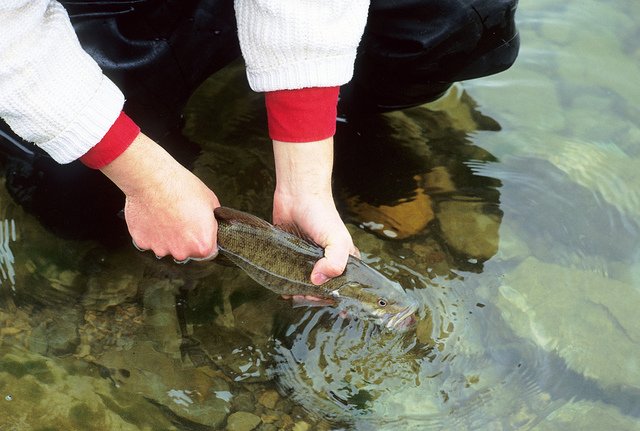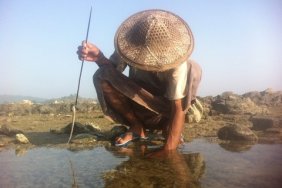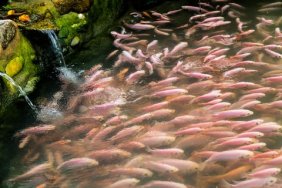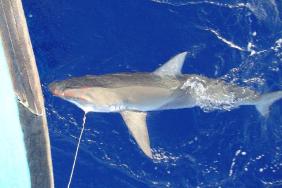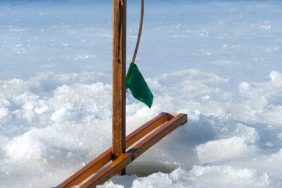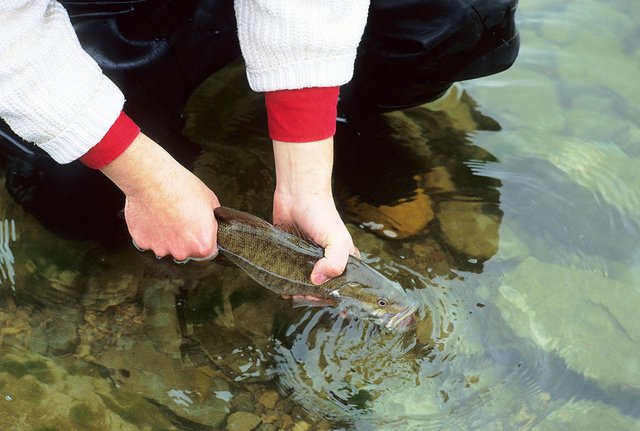
Catch and release isn’t just for tournament anglers anymore. These days, more and more fishermen are implementing the practice on their morning trips to the lake. Not only does this maintain a healthy ecosystem, but it also allows fishermen to return and catch a previously caught fish that’s grown in size since it was last hooked. Catching and releasing a fish properly, though, requires having the right gear and constant awareness.
Get the Right Gear
Having a quality setup—well-made rod, reel, and line—will allow you to fight a fish to the boat as quickly as possible, which means less stress on the fish. Next, a proper net will allow you to scoop up a fighting fish at the boat, rather than lifting it into the boat on the end of a hook. Rubber nets will be easier on the fish, as well. It also helps to keep a hook remover, a pair of needle-nosed pliers, or forceps on hand, in order to get at hard-to-reach hooks deep in a fish’s mouth. Finally, for foul-hooked fish, a reliable hook cutter will help you cut hooks completely, rather than risk serious harm to the fish by tearing them out.
The Catch…
When it comes to catch and release at your, when landing a fish, the first thing to remember is to wet your hands before handling a fish. I’ve heard people say that fish are “slimy,” but that slime is actually their protection against bacteria and other threats. Wet hands keep that slime on the fish and protect them from any harmful germs or chemicals on your hands. When landing large fish, keep in mind that you’ll need hold these lunkers horizontally—one hand supporting the belly and the other holding the lip or gills—to avoid incidental damage to the mouth, gills, and internal organs.
…And Release
When it comes time to actually release your fish, be sure to hold it upright in the water, allowing water to flow into the fish’s mouth and out through the gills. Also, if you intend to release your fish, don’t put them in your livewell. The water in a livewell is typically much warmer than the water in a lake or river, and this only causes more stress to the fish.
Check out this video from the Michigan Department of Natural Resources on catch and release fishing:
Photo caption: Flickr Creative Commons
